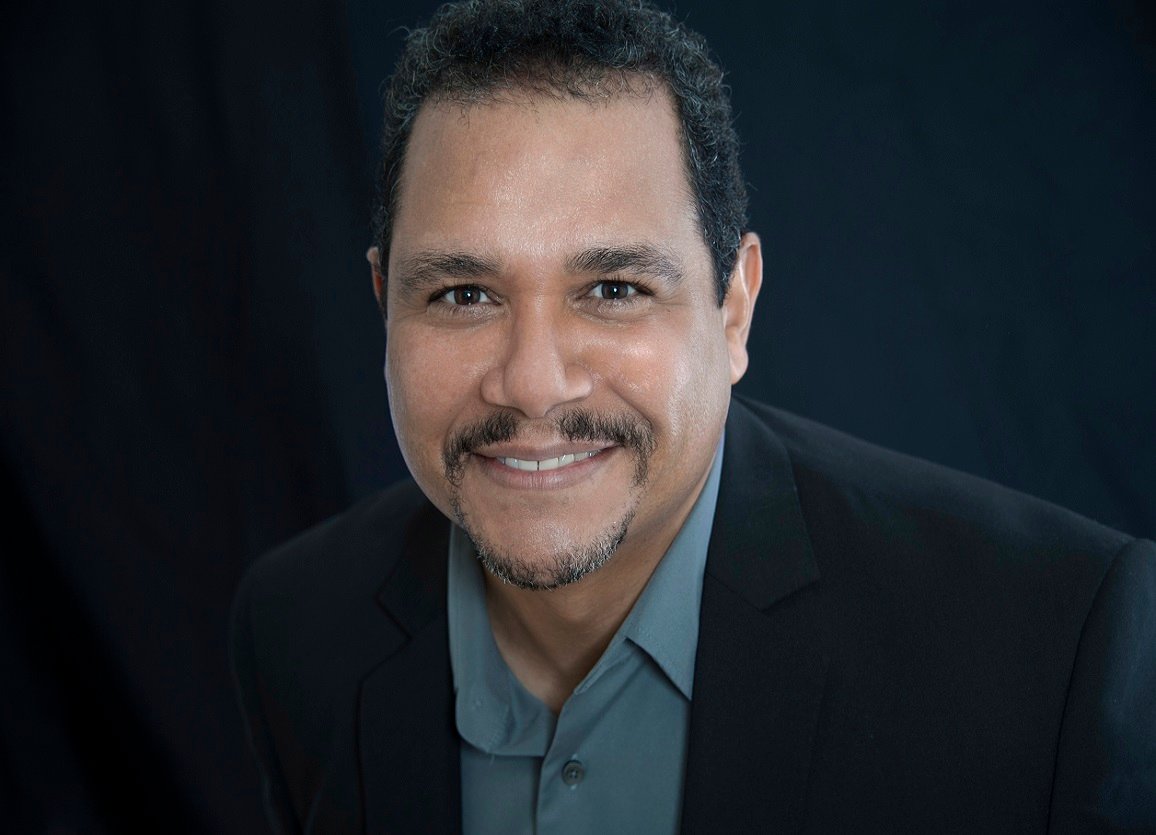Julie Ann: Absolutely. Everything affects everything else. But with prescription drugs, especially, you have to be careful with supplements because you don’t know how they’re going to interact together. And here’s a secret, this is a really good secret. Don’t ask your doctor, talk to your pharmacist. Your pharmacist will know before your doctor ever will, whether or not there’s going to be an interaction because that’s what they went to school for.
JC: That’s a good tip. Talk to your pharmacist. The doctors usually don’t have the training to advise you on, nutrition and supplementation. Can you expand on that?
Julie Ann: Doctors don’t learn about nutrition and supplements in school. They take maybe a class and that’s it. So, they don’t have the education for that. Unless they’re a functional medicine doctor, then they’ll have more education about those types of things. But your GP, they’ve never learned it. So, you might as well ask a stranger on the street because that’s not their specialty. That’s not what they know. And I would say too, when it comes to your wellness, you should have a wellness team. It shouldn’t just be your GP. Expecting one person to be your Oracle and know everything is unrealistic, even in their specialty. The thing that people really overlook is that they are experts of themselves. You intuitively know whether or not something is going to work for you. There’s a difference between not wanting to lower your salt intake and intuitively knowing something is not going to work for you. So, there’s you have to ask your yourself, does this resonate with me? Does this sound right? Because if it doesn’t, it probably isn’t.
JC: Before they become your clients, what type of obstacles they put in front of themselves before they say, I’m going to go do it. What is it that sometimes keeps them from taking action right away?
Julie Ann: Well, here’s the thing, nobody is required to have a coach. Nobody needs a coach, but even LeBron has a coach. So, what I’m saying that the biggest misconception or thing that stops them is that they think of coaching as an extra, as something to indulge in, a luxury. I consider it healthcare instead of sick care. So, they pay for their insurance, for their doctor. That’s for when they’re sick, what are they doing for their wellness? What are they doing for their healthcare? And that’s where the coach comes in. Because even if the doctor gives them a prescribed diet, the doctor isn’t going to help you change how you eat, but a coach will help you do that. It’s overcoming the idea of it being a luxury. That’s not necessarily necessary. And here’s the thing, too. I’m a personal trainer as part of what I do. I have a personal trainer. I know what to do. I know how to do these things, but I probably wouldn’t do it if I didn’t have my appointment set up to go see my personal trainer. So sometimes it’s about spending that extra money to do what you say you’re going to do.
JC: Is money sometimes an issue? Is that something that comes up frequently?
Julie Ann: It’s not so much the cost as much as the idea of it being a luxury, the thought is this necessary? It’s this idea that I should be able to do this on my own. But you don’t live on an island by yourself and if you’re not already doing it, then obviously you need help.
Julie Ann: Here’s the thing when you decide to commit, you’re not committing to the coach. You’re committing to yourself when you make that commitment. All of a sudden, the money just shows up from somewhere. All of a sudden you don’t want that Starbucks anymore because you’re making healthier choices for yourself, or you’re not paying to go to the movies because you’re going on a hike instead. All of a sudden, your entire life changes and it starts to support your new way of being. It’s pretty amazing.
JC: I know there’s not only women, but men have also fears, they have insecurities. Some men are not as athletic as others are. Are those some of the fears that come up when they come to you?
Julie Ann: 100% with men, they are, men are just taught not to share about things that they perceive as making them less manly. But actually, I used to work in addiction recovery, and part of what we did was speak about the clients on a weekly basis to best help them. And most of the men that came in had eating issues and body image issues. It’s a lot more prevalent than men realize. It’s just not culturally acceptable to talk about it. Finding somebody that they can talk to like a coach or just anybody to understand that they’re not alone, that this is normal for them to have these thoughts and feelings, it doesn’t make them less masculine. Most men have them, but they don’t know because they don’t talk about it.
JC: And, and it becomes an obstacle that sometimes they don’t even express to you. Is that right?
Julie Ann: Sometimes yes. But there are ways to develop trust. And trust is built with time. It can’t just happen overnight. But usually, people do open up and they start sharing about what’s really going on with them because ultimately, it’s how they get the best help. But yes, I will say that in the beginning, men have a harder time opening up than women do by far.


